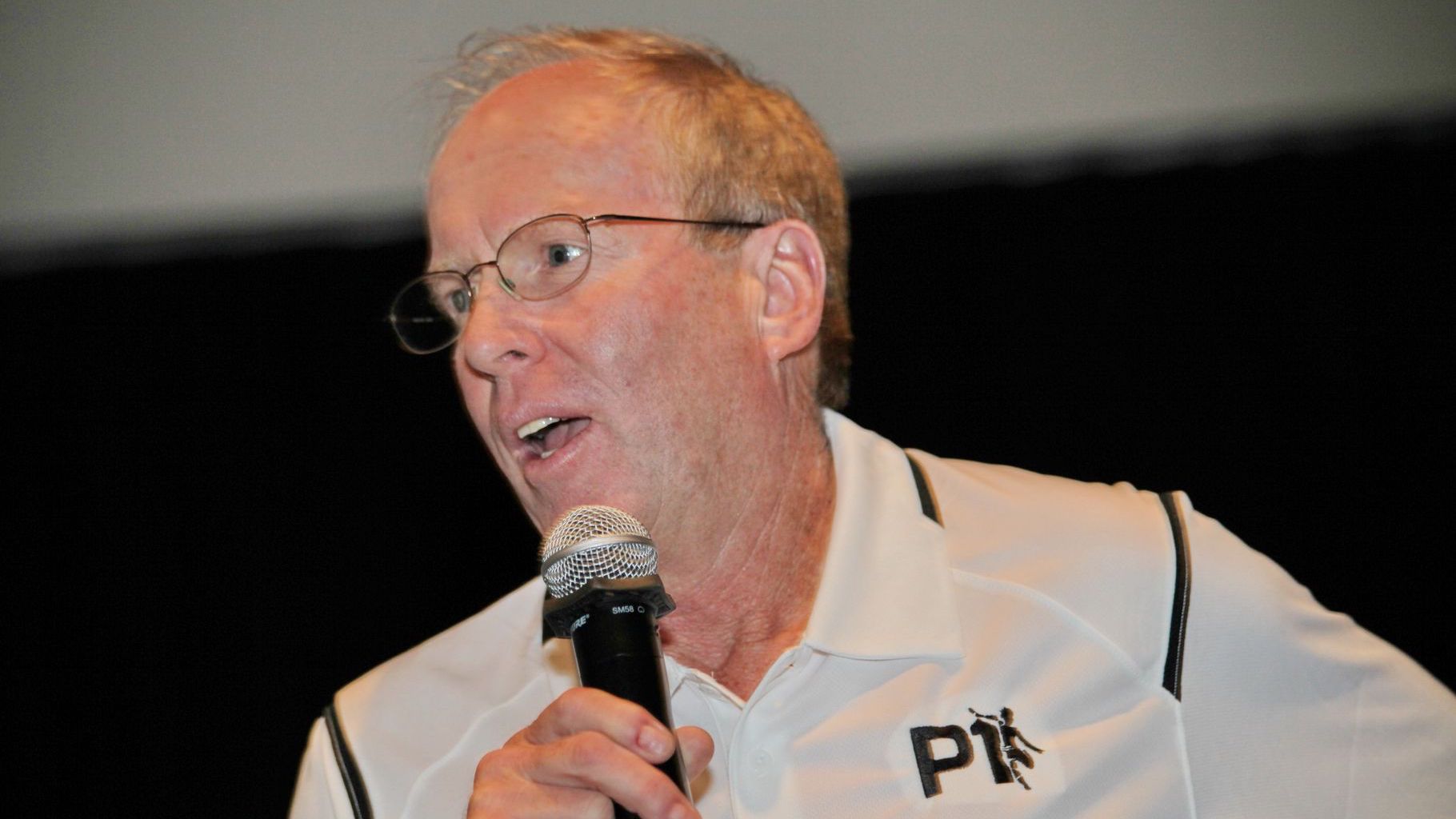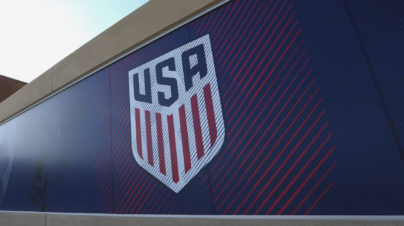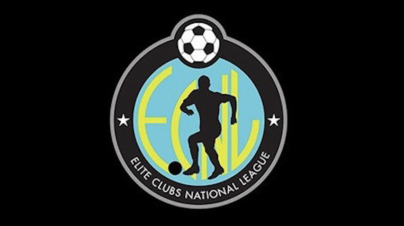Kevin Payne: U.S. men’s national team programs have backslid dramatically

By Charles Boehm (@cboehm)
Kevin Payne has seen dramatic growth across American soccer over the past three decades, but U.S. Soccer’s men’s national teams have been a prominent exception to that overall progress.
That was one observation the US Club Soccer CEO shared in his appearance on The SoccerWire Podcast, where he looked back on his long career in the game and reflected on areas of improvement – and lack thereof.
The SoccerWire Podcast Episode 20: US Club Soccer CEO Kevin Payne on putting players first, why Pro-Rel won’t happen
“Certainly the game has evolved and has become a significant part of our everyday culture in this country in ways that I hoped it would,” said Payne, who worked at the U.S. Soccer Federation in the early 1990s and later helped build D.C. United into one of the early success stories of Major League Soccer.
“I was hoping that we would be in a little higher place internationally with our men’s program than we find ourselves now,” he added. “There’s been too much focus on process and environment and in some ways not enough focus on developing individual players. I think to some extent our men’s players are almost overcoached now. We don’t seem to be producing players with any kind of personality or creativity.”
Comparing the recent underachievement of the USMNT and its youth national team feeders to their ‘90s counterparts, Payne pointed to an apparent shift in psyche.
“They had big personalities on that team,” he said of the generation that carried the USA back to the World Cup for the first time in 40 years in 1990 before charming the nation in the ‘94 edition on home turf. “They weren’t technically the best, probably weren’t tactically the best – although I think in ‘94 our team was tactically was pretty sophisticated, because [head coach] Bora [Milutinovic] spent a lot of time on that. But they had big personalities, and guys that that really stepped on the field and weren’t afraid of anybody.
“Our performance across our national team program from, let’s say 1990 to 2006 or 2008 or 2010, was considerably better than it has been in the last few years, and I’m not even talking about the first team. I’m talking about the U-17 program, the U-20s. We went a number of cycles, might have been as many as 12 consecutive cycles without missing the U-17 world championship, and we’ve missed it several times in the last decade.”
Payne suggested that the advent of the U.S. Soccer Development Academy has brought more mixed results than the federation is letting on.
“Unfortunately, since the advent of the boys [Development] Academy, I think that there’s been a more rigid approach advocated by U.S. Soccer and I don’t think it has produced results,” he said. “They consistently justify the academy program by saying ‘look at the percentage of [Development] Academy products where there are national teams.’ Well yeah, that’s a self-fulfilling prophecy. But the real question is how are those teams doing internationally? And I don’t think anybody is satisfied with that.
“I think – I hope – that the federation understands that it doesn’t have all the answers. I believe that in recent years the federation was too focused on doing things its way, and it seemed to have this mentality that there was one right way to do things and everybody needed to do that.”














